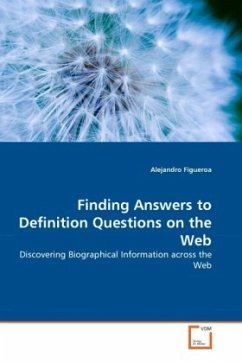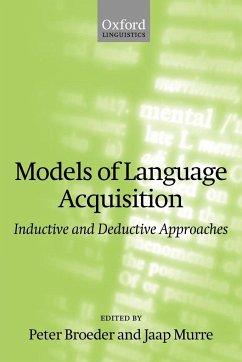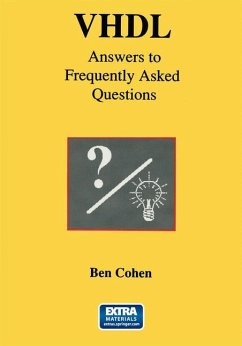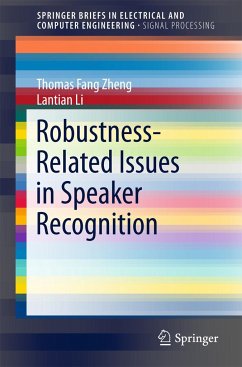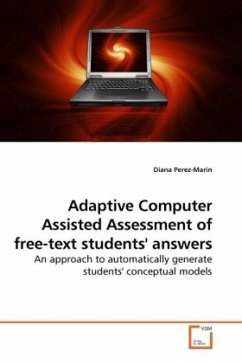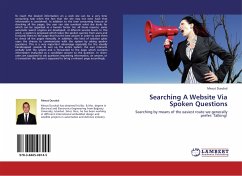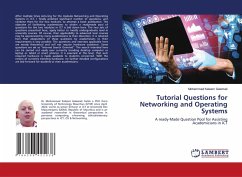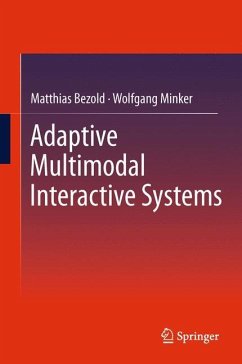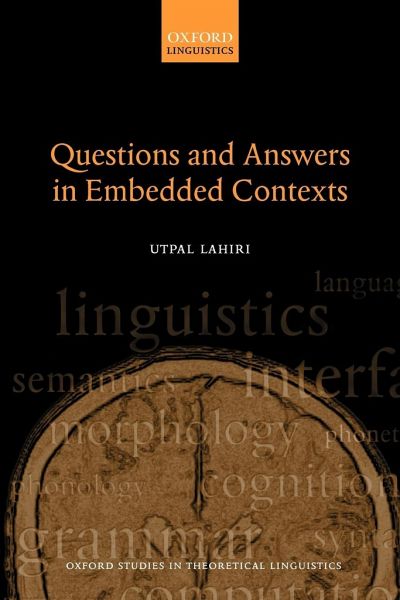
Questions and Answers in Embedded Contexts

PAYBACK Punkte
41 °P sammeln!
Linguists (and others) have realised for some time that predicates of the 'know' and 'wonder' classes behave differently, in semantic terms, with respect to their interrogative complements, but have not so far fully understood how or why. This book seeks to explore and to provide solutions to this and to related problems in explaining the meaning and grammar of embedded interrogatives and the predicates that take interrogative complements. The investigation extends to the semantics of adverbs of quantification, theories of plurals, and lexical selection. The work is addressed to those working in semantics and to syntacticians concerned with the constraints that syntactic structure imposes on semantic interpretation. It is at the heart of current research in the syntax-semantics interface. Although some knowledge of formal semantics is assumed, the book has been written to be accessible to researchers in computer science, philosophy, and cognitive science.





